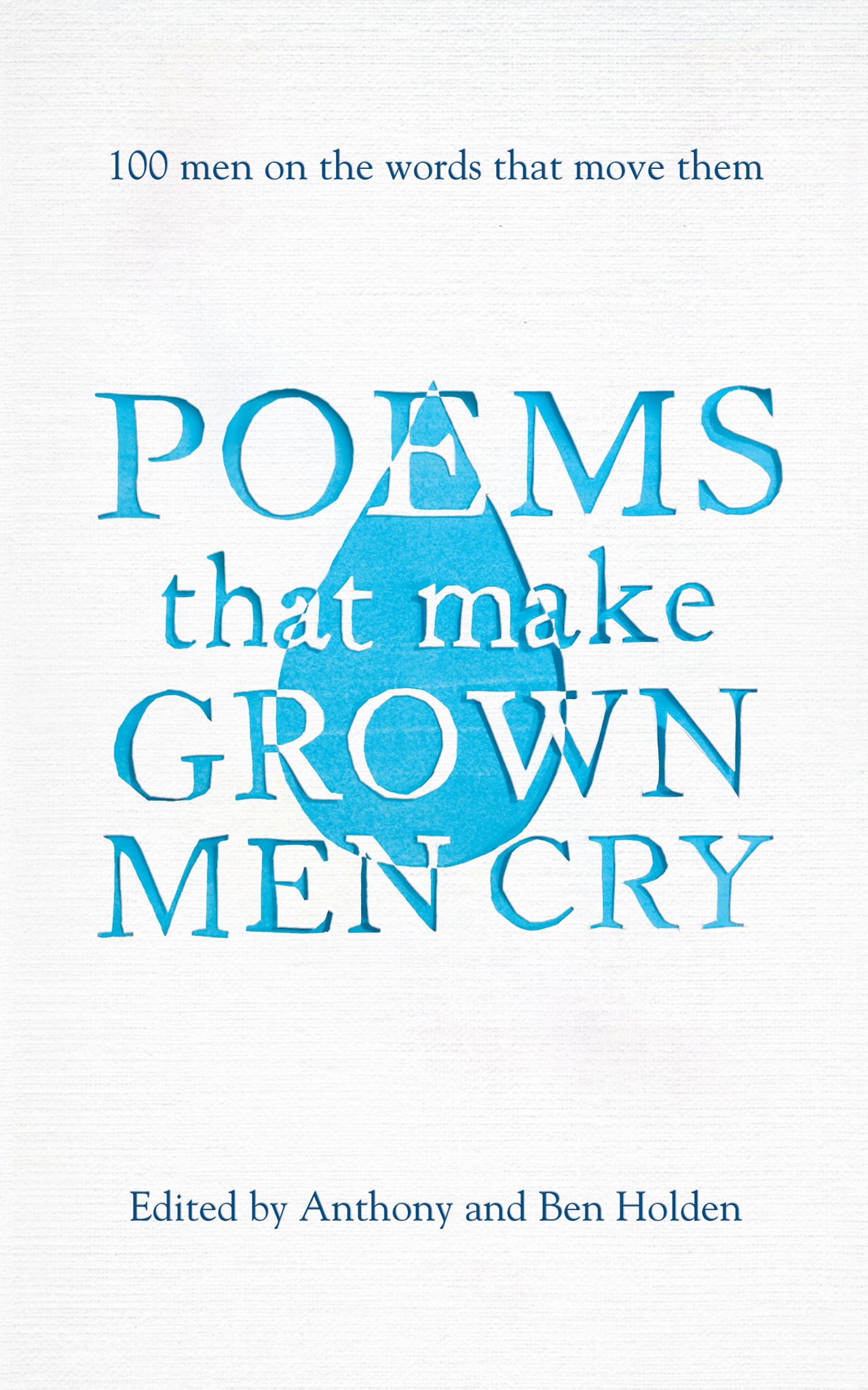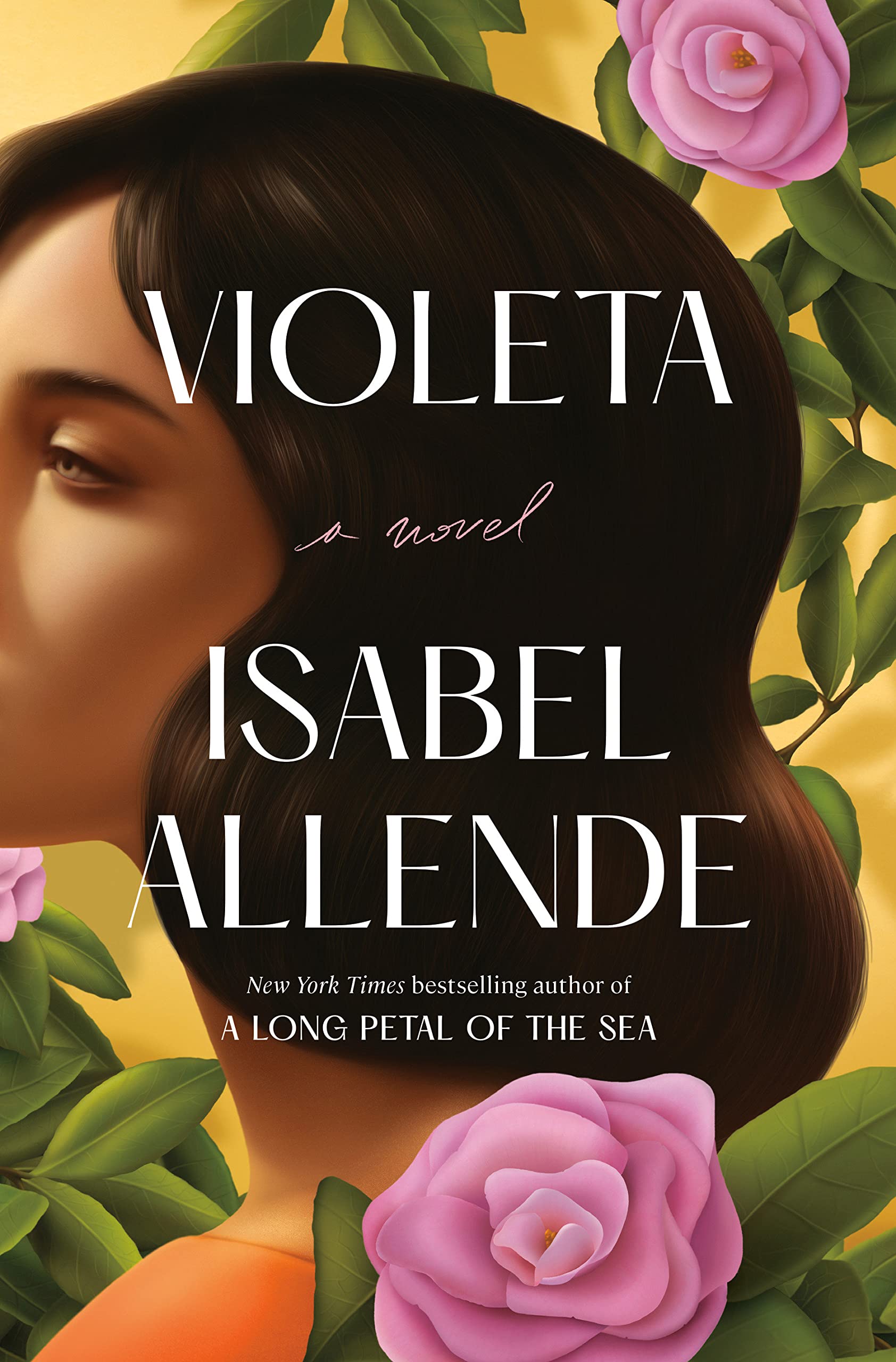 Anthologies are tricky – and a new one called “Poems That Make Grown Men Cry” might seem like a gimmick. But readers who venture here will find that London editors Anthony and Ben Holden, a father and son, have come up with an engaging conversation-starter and a new angle on some marvelous work.
Anthologies are tricky – and a new one called “Poems That Make Grown Men Cry” might seem like a gimmick. But readers who venture here will find that London editors Anthony and Ben Holden, a father and son, have come up with an engaging conversation-starter and a new angle on some marvelous work.
They asked 100 men to write a brief introduction to a poem that choked them up. The “vast majority are public figures not prone to tears,” writes Anthony Holden, “as is supposedly the manly way, but here prepared to admit to caving in when ambushed by great art.”
One, Simon Schama, is the Anisfield-Wolf juror and historian. Two are recent Anisfield-Wolf winners: Mohsin Hamid and Andrew Solomon. Poet Terrance Hayes picks former juror and Anisfield-Wolf recipient Gwendolyn Brooks for her poem “The Mother” and two contributors – novelist Mark Haddon and actor Tom Hiddleston — choose separate Derek Walcott poems, both published in 1984.
Schama, fresh off his new book and PBS series, “The Story of the Jews,” decides upon W.H. Auden’s “Lullaby.” The historian writes that “tears come to me reading Auden’s ‘Lullaby’ to a lover already asleep because the poem suspends time and the brutality of the world (‘1937 when fashionable madmen raise/Their pedantic boring cry’) at the moment of unanswerably perfect love.” The honesty in the poem “makes the eyes prick and the heart knock,” Schama writes. The actor Simon Callow, for his own reasons, picks the same poem.
Hamid, who won his Anisfield-Wolf book award for the novel “The Reluctant Fundamentalist,” chooses Robin Robertson’s “Keys to the Doors,” a 14-line piece addressed to a daughter and published in 2012, the book’s most recent poem. Hamid writes that he cut it out of the New York Review of Books, mailed it to Lahore and taped it to his printer – “It’s there now, stirring to the beat of my ceiling fan as I write this.”
A young father when he found it, Hamid writes that the poem captures something of the way his own little girl would “stride into my room where I was novel-writing, and talk to me, and ask me questions, and bring her fantasies into where I sat draped in mine.”
Andrew Solomon, who won last year’s nonfiction Anisfield-Wolf book award for “Far From the Tree,” picks Elizabeth Bishop’s 1976 work “Crusoe in England.” It is one of a dozen poems in the book by women, in the voice of an imagined aged Robinson Crusoe. Solomon writes that “the meticulous dryness of this narrator, so bereft of the spirit of adventure even when recalling adventures, seems to catch in the throat of the old man who speaks it.” Solomon esteems this voice for containing “not so much bitterness as restraint. Love is circumstantial; we can love anyone if need be; and losing the one we love is the singular catastrophe.”
Terrance Hayes writes that Brooks’ 1945 poem that begins “Abortions will not let you forget” was instrumental to him as a college student: “It is, in fact, the poem that made me choose the path of a poet rather than that of a painter. (No painting had ever made me cry.)” He writes that his continuous relationship with the poem as an older man is “a testament to its craftsmanship.”
Finally, Mark Haddon selects Walcott’s “Midsummer: Sonnet XLIII” and writes that he dislikes the sentimental. But the Nobel Laureate accomplishes something different here: “the sublime sublimely articulated.” A few pages later, Hiddleston writes that he reads Walcott’s “Love After Love” at least monthly. “I read it to my dearest friends after dinner once, and to my family at Christmas, and they started crying. Which always, unfailingly, makes me cry.”
All these tears caused Billy Collins to jokingly ask “how any of us make it through the book without succumbing to a complete emotional breakdown,” editor Ben Holden writes. And then he shrugs: “What could be more human, honest, or pure than tears?”


